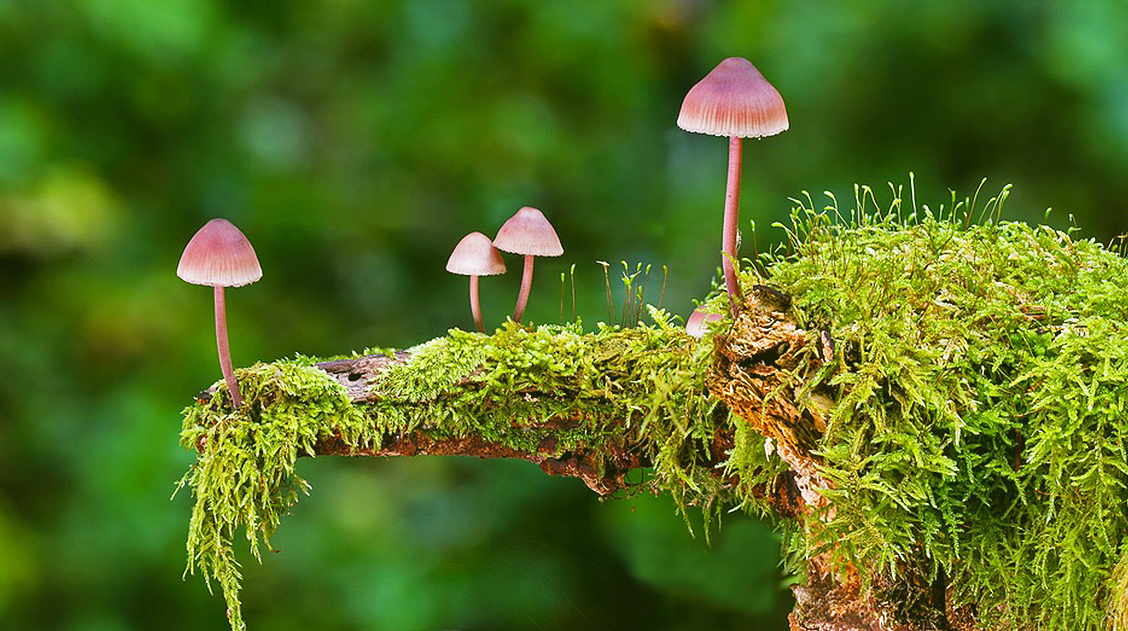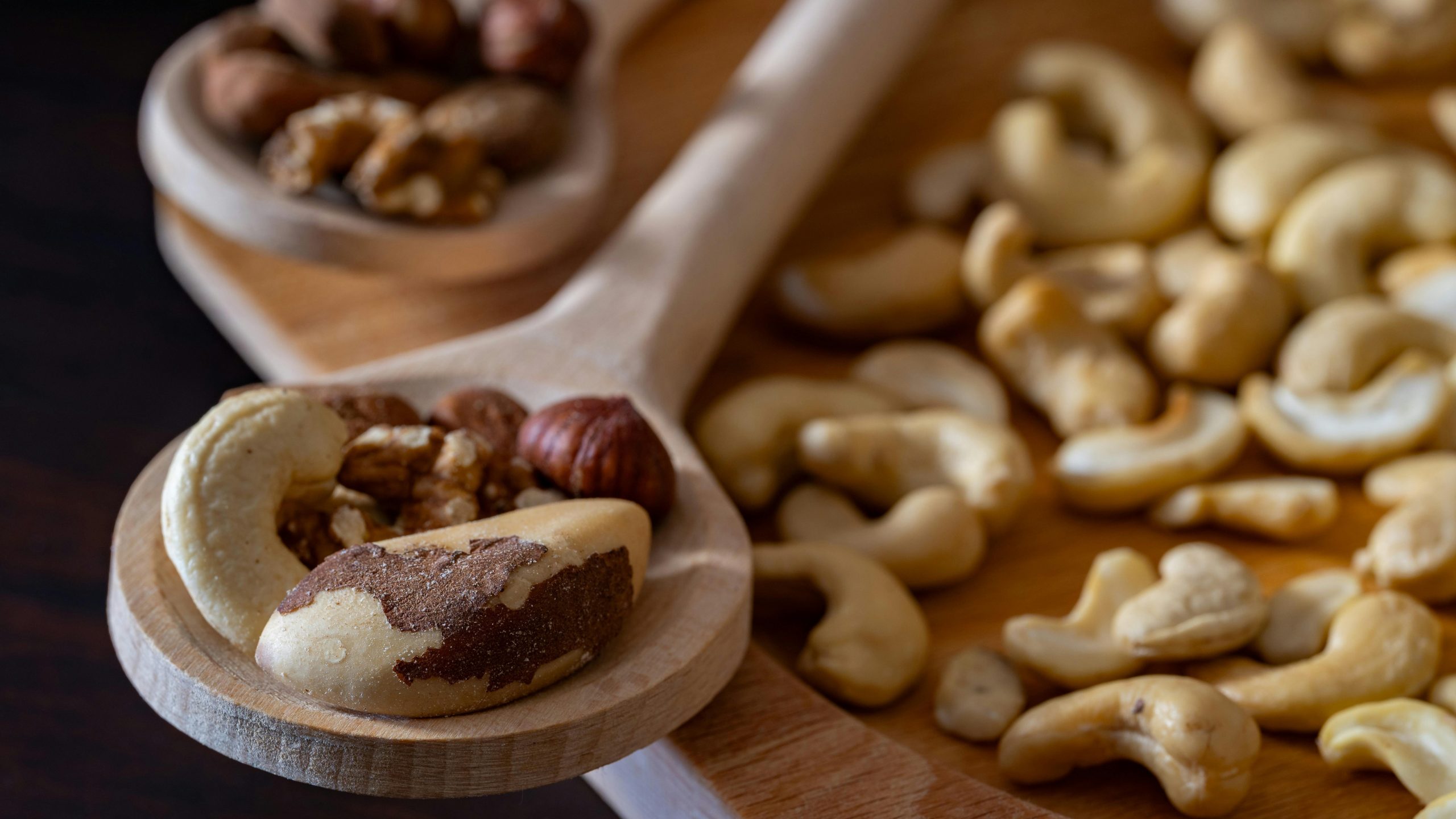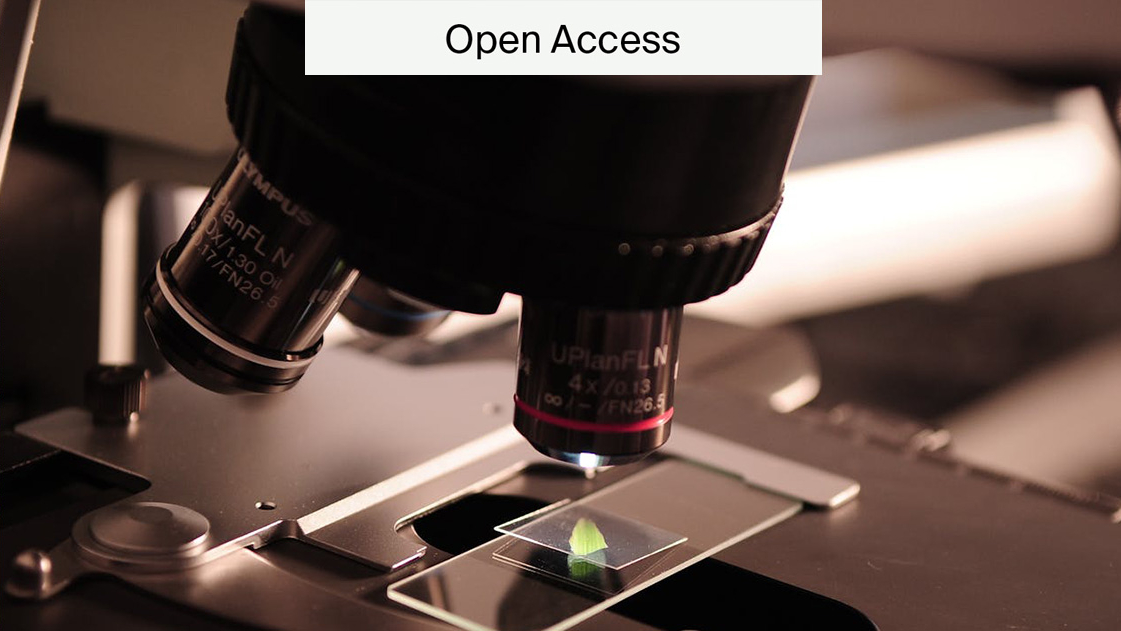
How Psilocybin Mushrooms Can Be Used to Treat Depression
Depression is becoming increasingly prevalent, with an estimated 5% of adults suffering from this mental health condition globally. The Diagnostic and Statistical Manual of Mental Disorders, Fifth Edition (DSM-5) sets out multiple criteria for clinical depression. These include persistent low mood nearly every day for a period longer than 2 weeks and diminished ability to concentrate.
With millions matching these criteria and seeking support, the body of research on effective treatments has grown significantly over recent decades. Psilocybin – a psychoactive substance obtained from many varieties of mushroom – has shown considerable promise in fighting depression and other psychiatric disorders. Here, we look at the importance of this product in the face of the depression epidemic.
Prevalence of depression
Research shows that rates of depression are on the rise. One study found that they nearly doubled (by 49.86%) from 1990 to 2017 across the globe. There are myriad factors that contribute to this increase – socioeconomic factors, social media usage, increased social isolation, etc. The countries that show the lowest rates of depression tend to have advanced mental health services. The highest rates, however, are seen in countries like the USA, where accessing said services is difficult and expensive. Thus, low-cost and novel treatments are highly sought after to combat this increase.
Traditional treatments
The WHO considers depression as one of the leading causes of disability and a main contributor to overall disease burden. More often than not, antidepressants are prescribed to patients seeking help for depression.
Antidepressants are thought to work by increasing the levels of certain neurotransmitters associated with mood, like serotonin and noradrenaline. They treat the condition physically, actively altering patients’ brain chemistry to alleviate depressive symptoms. However, depression is complex – related to many different environmental and genetic factors – and is often comorbid with other conditions, such as anxiety and personality disorders.
This makes it a difficult condition to treat, as patients’ behaviors and experiences are unique. It is estimated that 100 million people globally suffer from treatment-resistant depression, seeing little to no effects from using antidepressants. Hence, the effectiveness of traditional antidepressants is frequently debated. This is why they are often used in combination with therapy, to uncover the root causes of the condition.
How psilocybin can alleviate depressive symptoms
Psilocybin works differently to traditional antidepressants. Instead of increasing the levels of neurotransmitters, it instead disrupts brain networks responsible for many aspects of cognitive function. The default mode network (DMN), which is responsible for self-perception and self-awareness, is one such system whose activity is reduced by this psychoactive substance.
The significant change in brain activity brought about by this has a direct impact on depressive thinking patterns. Instead of altering the patient’s brain chemistry gradually, it is thought that it resets the neural networks responsible for depressive symptoms. Combined with therapy, this could have hugely beneficial effects on chronic depression.
More subjectively, many report experiencing “ego death” after consuming psilocybin, which is due to the disruption of the DMN. This is a phenomenon where one feels detached from oneself – observing the environment from a third-person perspective. This prevents one from being self-focused, which is commonly linked to mental suffering, and can increase feelings of connectedness.
How effective is psilocybin treatment long term?
One MDPI study found that the antidepressive effects of psilocybin mushrooms are experienced just one day after the first dose. What’s more, after a treatment period of 6-7 weeks, these effects continue for up to 6 to 8 months. This is comparable to traditional antidepressant treatments. Hence, the authors suggest that psilocybin could be used as an effective alternative.
Dangers of psilocybin mushrooms
Whilst they have many potential benefits, psilocybin mushrooms are outlawed in most countries because they can be very dangerous when not taken in a clinical environment. The strength of mushrooms can vary greatly depending upon the strain, time of the year, etc., and so often it is impossible to determine the amount of psilocybin you’re ingesting. As a hallucinogenic, the use of these mushrooms drastically distorts the user’s perception of the world, so taking a high dose unintentionally puts the user at significant risk of harm.
Also, without the proper procedures in place, e.g., a professional to oversee psilocybin administration, there is a reasonable risk of having a very negative experience. A user can experience symptoms that are common in cases of schizophrenia, such as paranoia and psychosis, which would require medical intervention. This can lead to persistent changes in the way one views the world, with a risk of experiencing flashbacks to the distressing parts of the event. These can last for a long period of time, potentially for years, which is known as hallucinogen-persisting perception disorder.
Much of MDPI’s research is dedicated to depression and other mental health conditions. Journals like IJMS, Pharmaceutics, and Psych publish research on novel treatments for psychiatric disorders.











The emphasis on the potential of psilocybin as a promising therapeutic substance is particularly noteworthy. By addressing the significance of psilocybin in combating the depression epidemic, you’re contributing to a crucial conversation about mental health treatment options. Your dedication to shedding light on this important topic is commendable and serves as a beacon of hope for those seeking effective solutions. I am a a Psilocybe cubensis activist and always been happy with new possibilities being brought to the public. Keep up the great work!
Hi,
Thanks a lot for your feedback and positive comments. We removed the link to from your comment, I hope this is okay.
All the best,
Jack